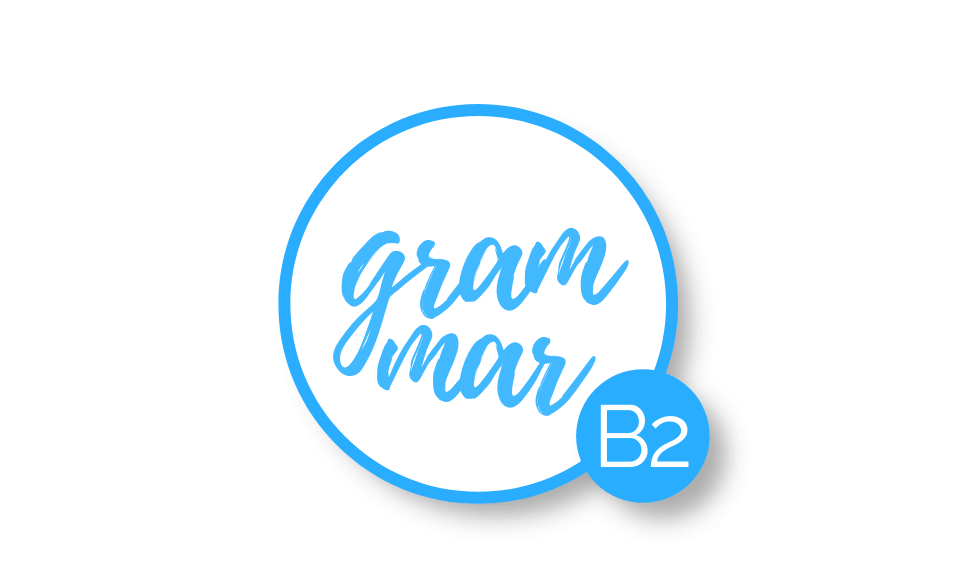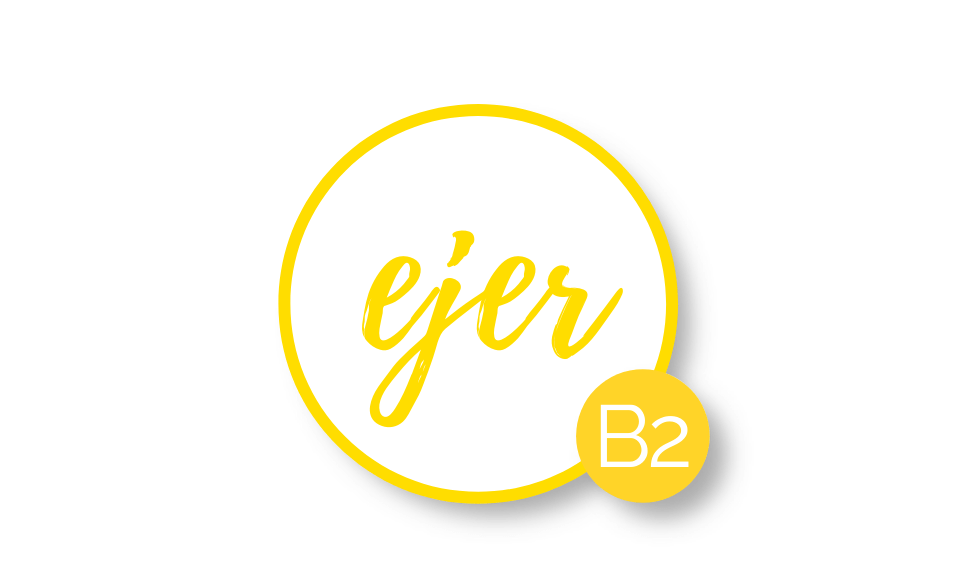forma
Todas las preguntas en inglés empiezan siempre por un verbo auxiliar —be, can, do, will…
Para hacer la interrogativa negativa simplemente se hace una interrogativa normal según el tiempo que queramos utilizar, pero el auxiliar se pone en negativa.
auxiliar en negativa sujeto… ?
| Are you French? | Aren’t you French? |
| Do you like chocolate? | Don’t you like chocolate? |
| Can you wait? | Can’t you wait? |
| Would you like to stay? | Wouldn’t you like to stay? |
uso
1 La interrogativa negativa en inglés se usa para expresar sorpresa ante algo que alguien ha dicho, igual que en español.
| Don’t you like her? I thought you did. You are all the time talking about her |
| Aren’t you German? Wow, you speak such good German I simply assumed you were |
| Didn’t you ask her out? Wow, everybody thinks you did |
| Haven’t you heard? Mary and Tom are finally dating |
Ten en cuenta que en el inglés de todos los días es muy normal que esa misma sorpresa se exprese con una falsa interrogativa, es decir, con una negativa con entonación de interrogativa, tal y como hacemos en español.
| A— I prefer caramel or honey, I don’t like chocolate at all |
| B— You don’t like chocolate? I’ve never met anybody who didn’t like it |
| A— Well, guess what? I finally caught my boyfriend cheating on me |
| B— What? You didn’t know? I thought you knew and just abode by it |
2 También se puede usar la interrogativa negativa expresar indignación o impaciencia, lo mismo que en español.
| Stop dipping your finger in the sauce! Can’t you wait for a second? Dinner is almost ready |
| Wouldn’t you help me if I needed you? |
| Didn’t you enjoy London? Oh, my! It’s such a thrilling place |
ejercicios
- todos
- traducir


